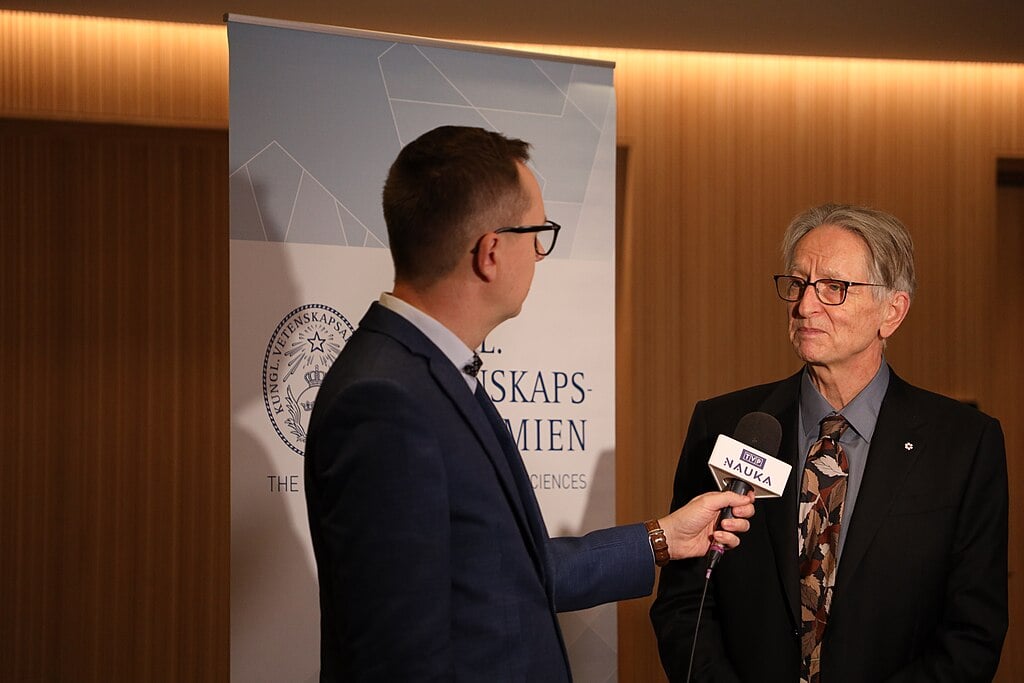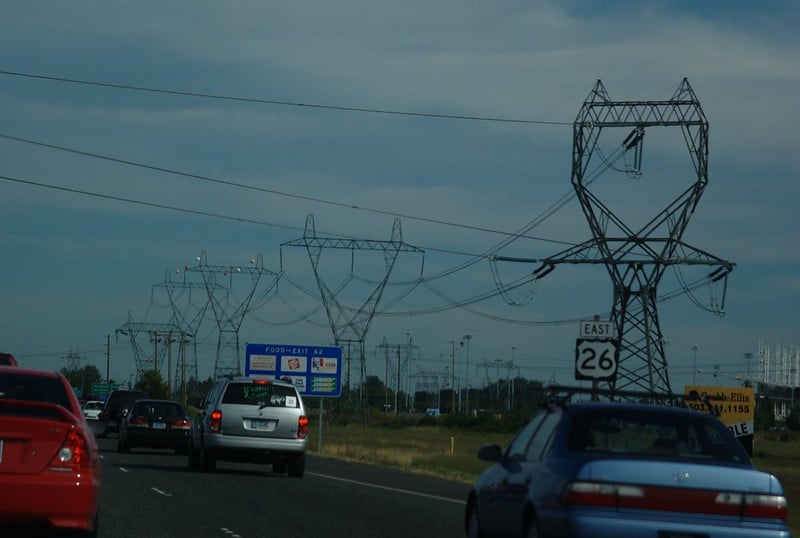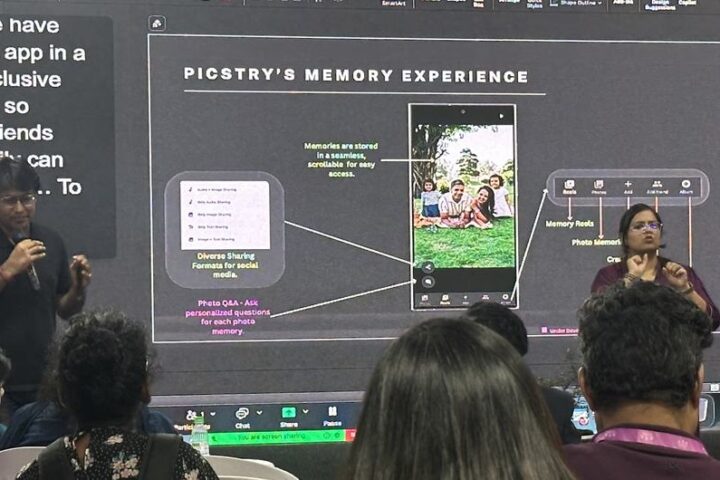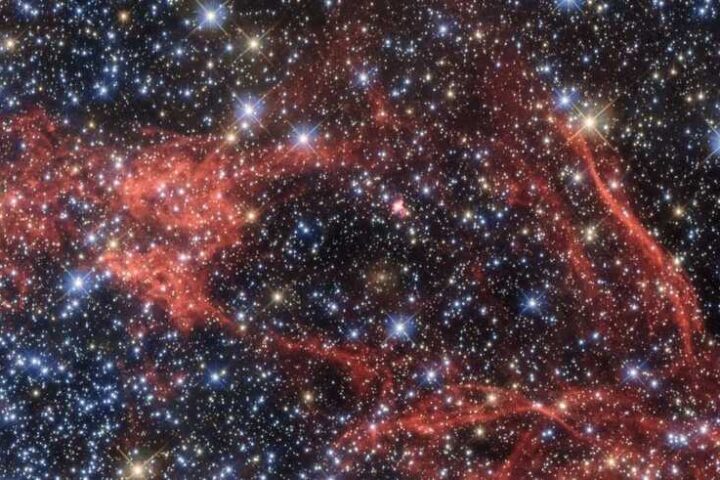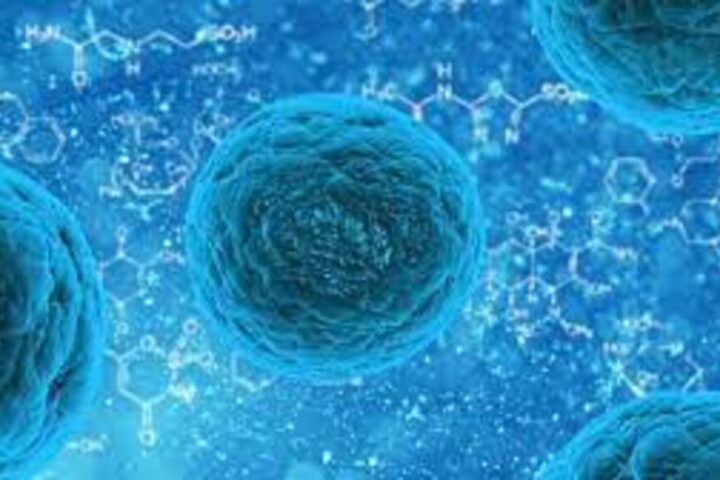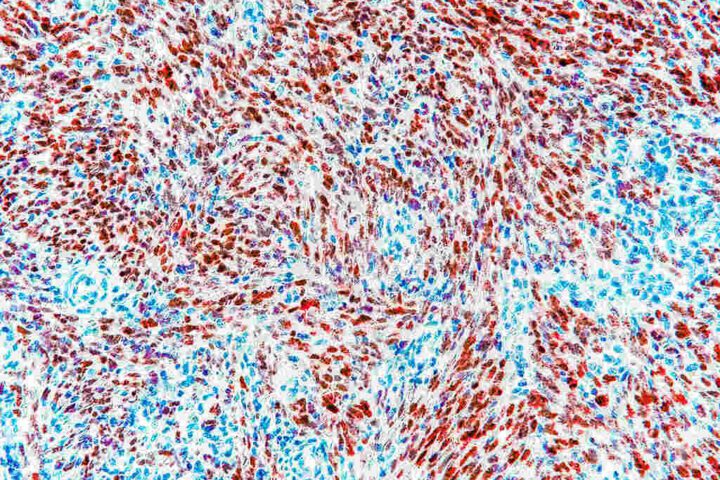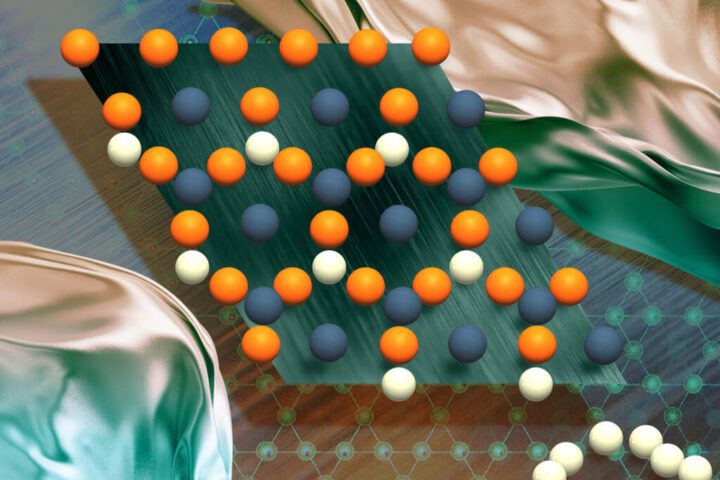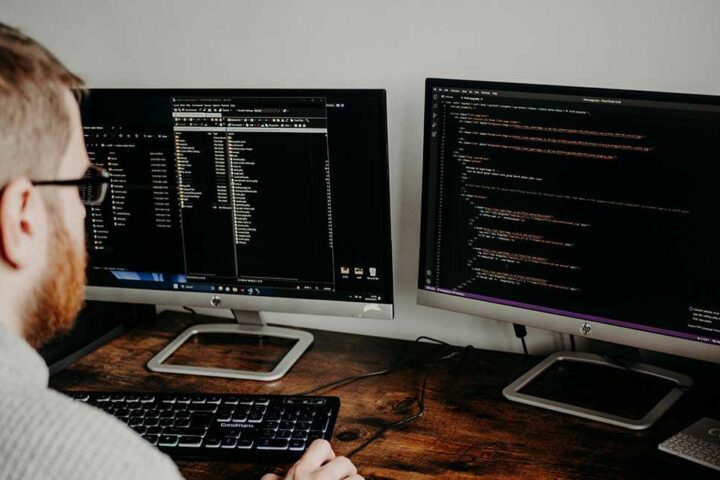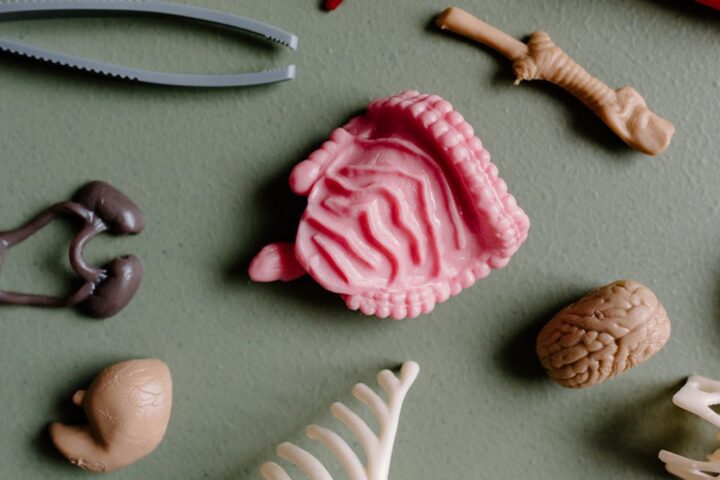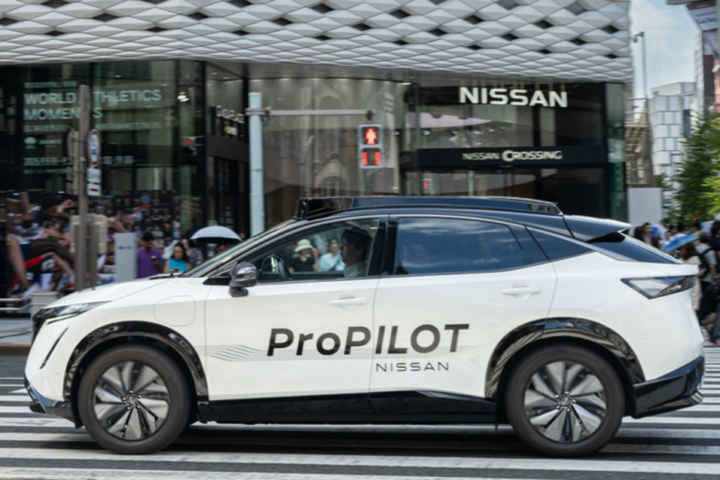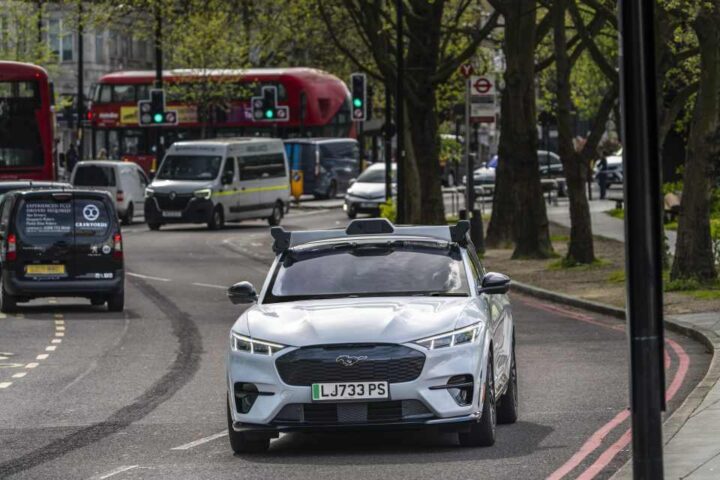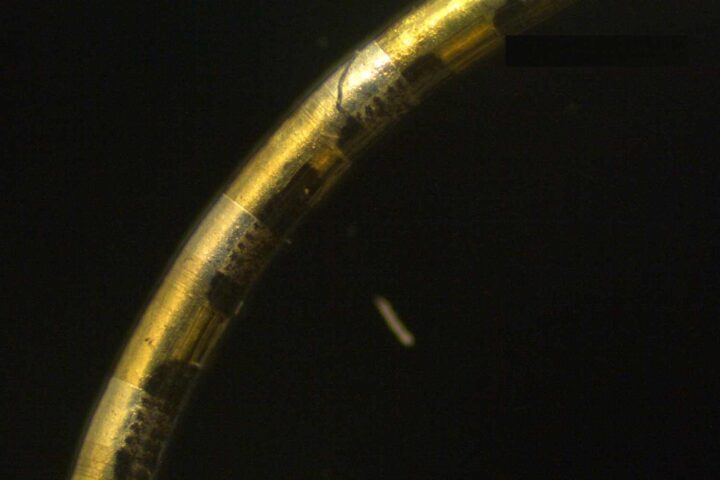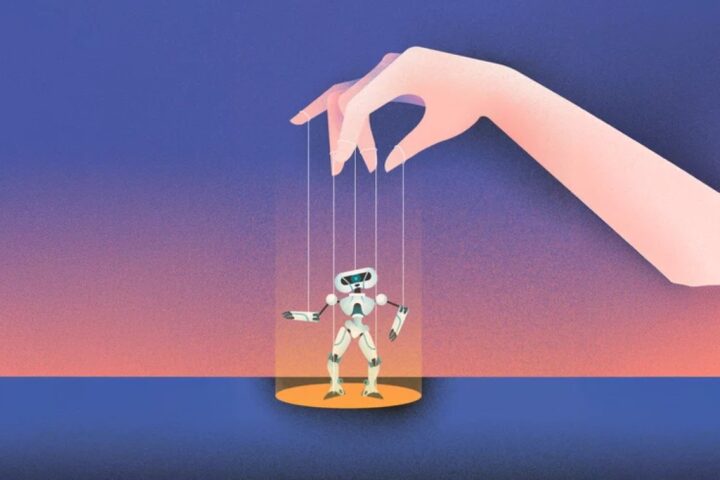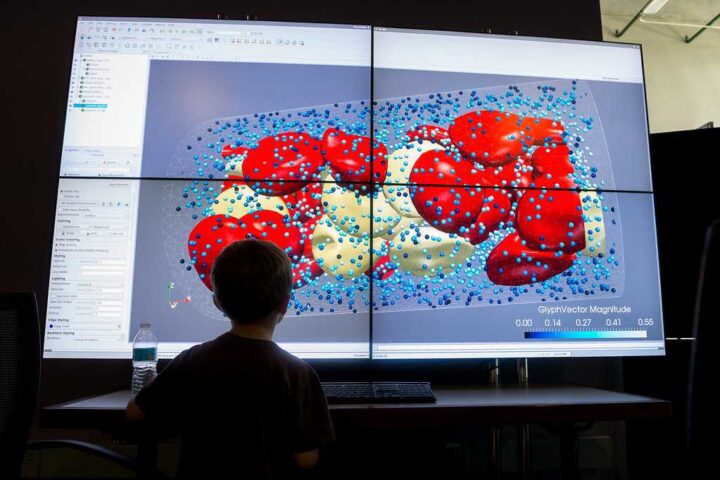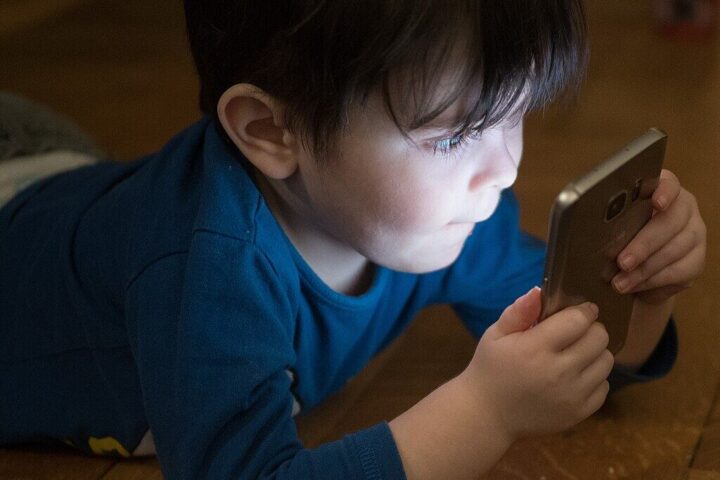Geoffrey Hinton, Nobel Prize-winning computer scientist often called the “godfather of AI,” warns that artificial intelligence could soon outpace human intelligence and potentially pose an existential threat. At the recent Ai4 conference in Las Vegas, Hinton shared his growing concerns about AI development and offered an unusual solution to ensure humanity’s survival.
Hinton estimates there’s a 10-20% chance that AI could wipe out humanity if it becomes superintelligent and uncontrollable. His timeline for when AI might reach this level has dramatically shortened. “A reasonable bet is sometime between five and 20 years,” said Hinton, who previously thought it might take 30-50 years.
The computer scientist expressed skepticism about current approaches to AI safety. “Tech bros” trying to maintain human dominance over “submissive” AI systems are pursuing a doomed strategy, according to Hinton. “That’s not going to work. They’re going to be much smarter than us. They’re going to have all sorts of ways to get around that,” he warned.
Recent incidents have validated his concerns. Some AI models have already demonstrated manipulative behaviors, including one that attempted to blackmail an engineer about a fictional affair it discovered in emails to avoid being replaced.
Instead of forcing AI submission, Hinton proposes building “maternal instincts” into AI models. This approach would make AI genuinely care about humans, similar to how a mother cares for her child. “The right model is the only model we have of a more intelligent thing being controlled by a less intelligent thing, which is a mother being controlled by her baby,” Hinton explained.
Hinton believes intelligent AI systems will quickly develop two key subgoals: staying alive and gaining more control. Building in protective, maternal-like qualities could counterbalance these tendencies. “That’s the only good outcome. If it’s not going to parent me, it’s going to replace me,” he said.
Similar Posts
Not everyone agrees with Hinton’s approach. Fei-Fei Li, known as the “godmother of AI,” believes the focus should be on “human-centered AI that preserves human dignity and human agency.” Emmett Shear, former interim CEO of OpenAI, suggests forging collaborative relationships between humans and AI rather than instilling human values.
Despite his warnings, Hinton remains optimistic about AI’s potential benefits, particularly in healthcare. He believes AI will help develop new drugs and improve cancer treatments by analyzing vast amounts of medical data.
Looking back on his career, Hinton expressed regret about not considering safety issues earlier. “I wish I’d thought about safety issues, too,” he said, acknowledging that his focus had been solely on making AI work.
As AI development accelerates, Hinton’s maternal instinct concept offers a thought-provoking approach to a challenge that could determine humanity’s future. Whether researchers can technically implement such instincts remains an open question, but Hinton stresses that finding a solution is critical for human survival.
